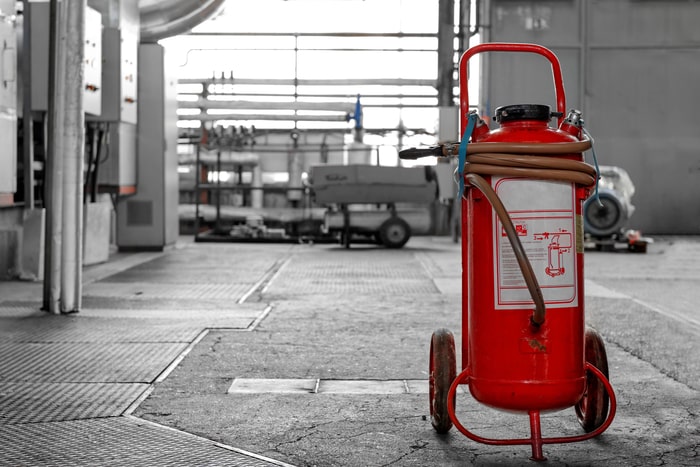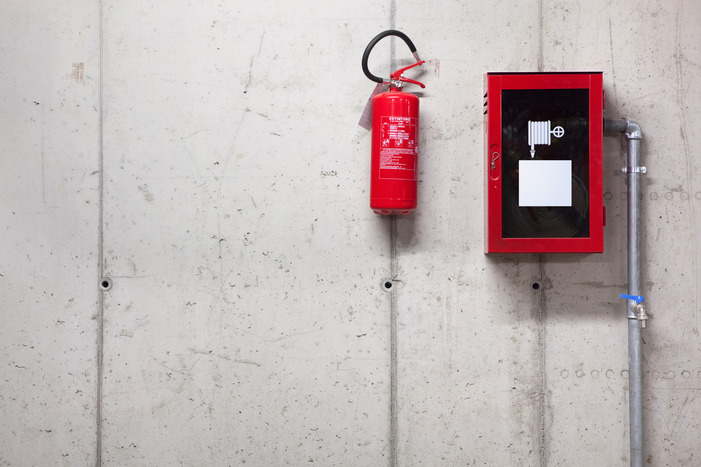Fire Watch Liability
Contents
Fire Watch Liability: Who Pays if a Fire Starts
A spark jumps, alarms are silent, and now the building is a charcoal shell. Everyone points fingers. Read this before you sign a fire watch contract so you know exactly who pays when the flames hit.
The Three Legged Stool of Blame
- Building owner: responsible for maintaining systems
- Contractor: responsible for safe work practices
- Fire watch provider: responsible for detecting ignition
Miss one leg and the other two get sued first.
When the Guard Becomes the Scapegoat
If logs show a 45 minute gap, the fire watch company eats the negligence claim. Our digital system stamps GPS every 90 seconds so we can prove continuous coverage. That single file has saved us, and our clients, from seven figure judgments.
Also, if the guard fails to call 911 immediately, his employer inherits a portion of the damages. We train our teams: radio security, pull manual station, dial 911, then notify you. Order matters in court.
Insurance Layers You Must Demand
Demand $5 million per occurrence, not per year. Ask for “ongoing operations” and “completed operations” coverage so you are protected even after the shift ends. Finally, make sure your property is named as “additional insured” on the certificate; otherwise the carrier can refuse to defend you.
Real Settlement Split
Last year a warehouse fire caused $1.8 million in damage. Investigation showed a contractor’s grinder sparked the blaze, but the fire watch log had a 22 minute gap. Settlement split: contractor 60 %, fire watch company 25 %, building owner 15 %. Total legal fees topped $200 k on top of the loss.
If the log had been continuous, the building owner would have recovered 100 % from the contractor’s insurer.
How to Protect Your Wallet
Always hire a provider that carries $5 million liability and digitally timestamps every round. Keep the COI on file for 5 years; courts allow claims up to 3 years after the fire.
Need a fire watch partner who carries $5 million and court ready logs? Call us and shift the liability off your plate. And remember, the cheapest quote often carries the smallest policy. Spend an extra $200 now or risk $200 k in legal fees later.





